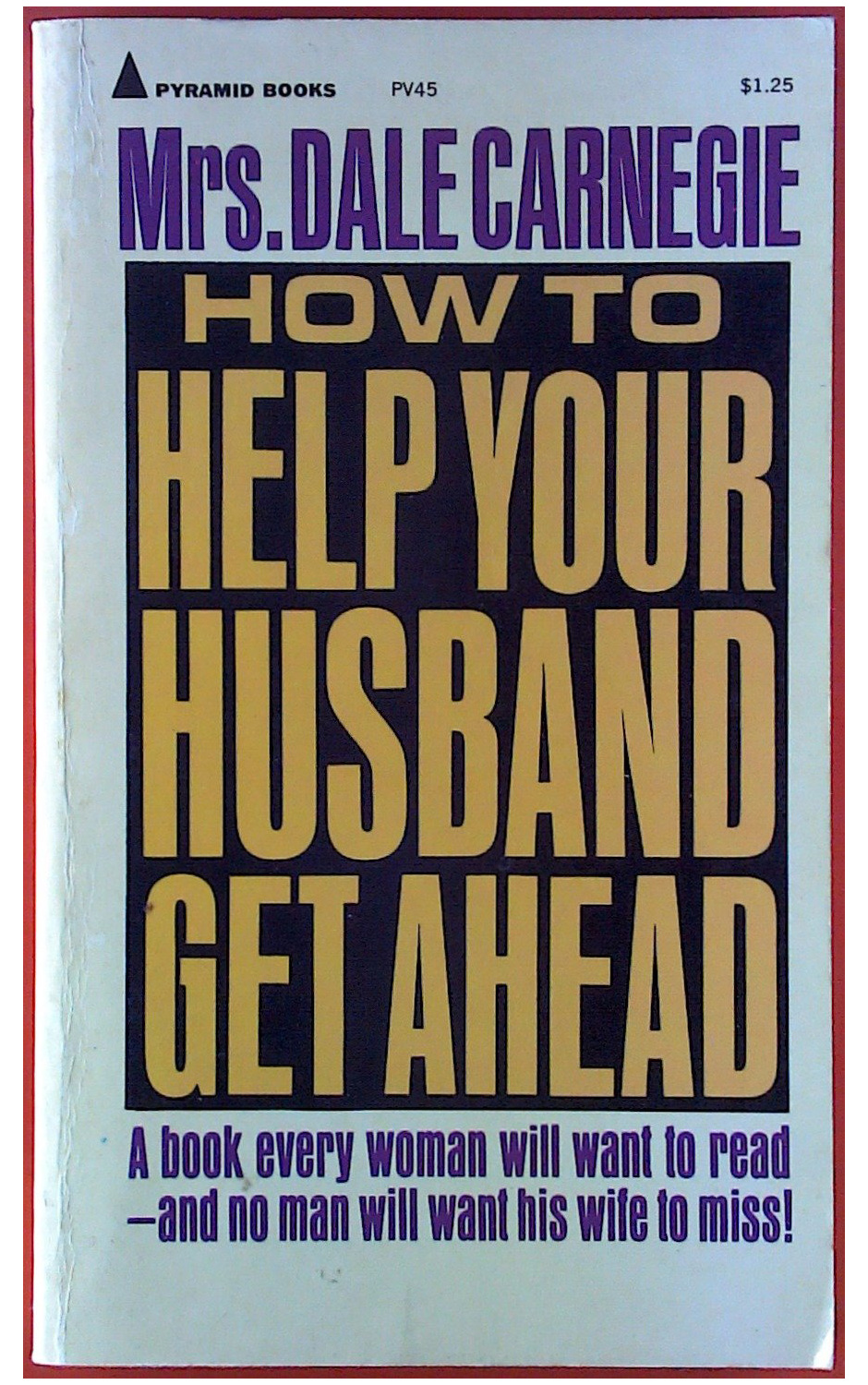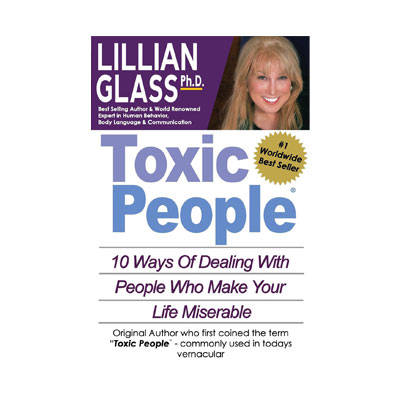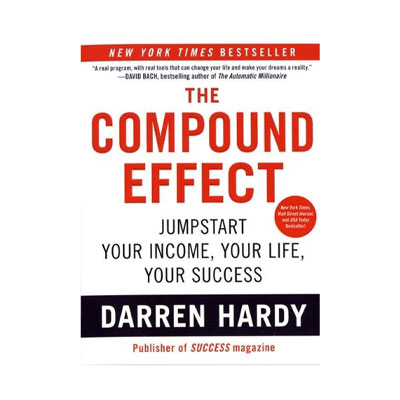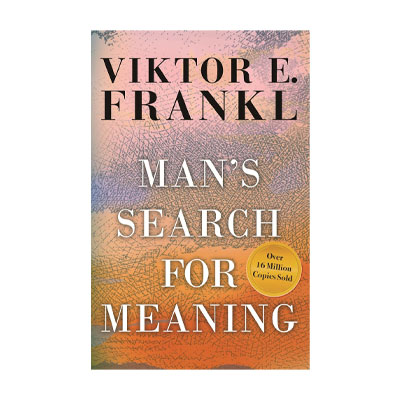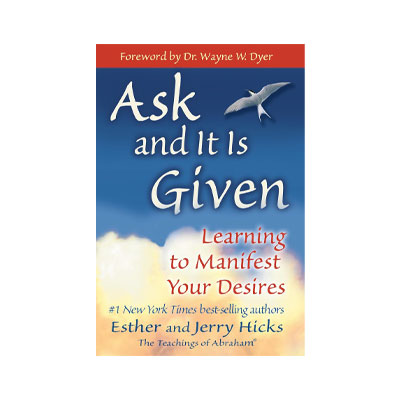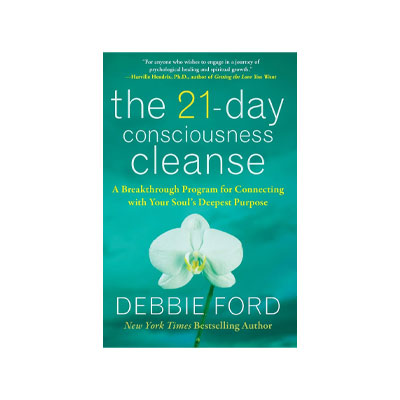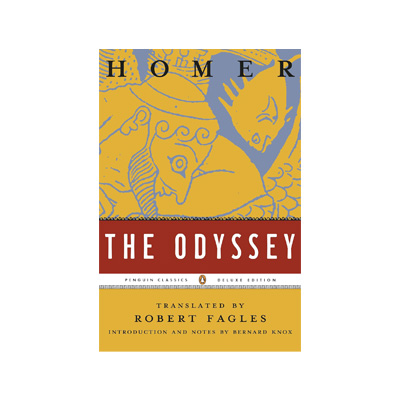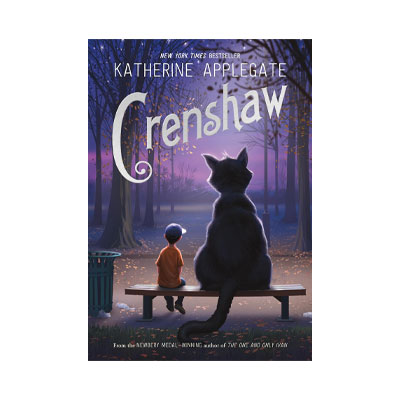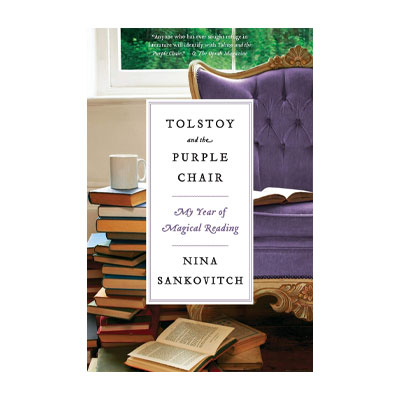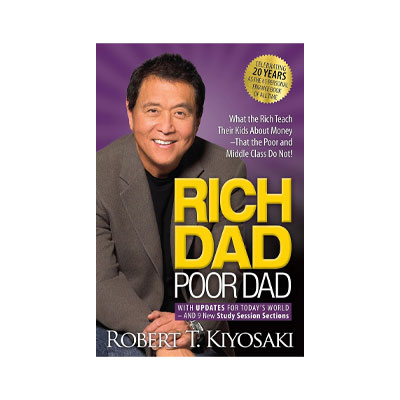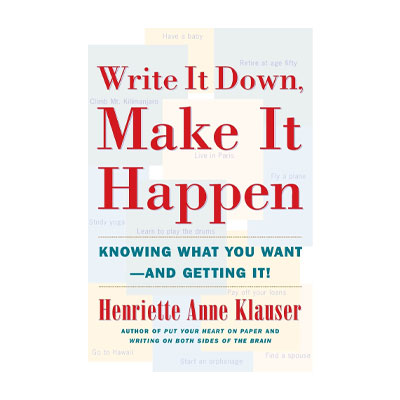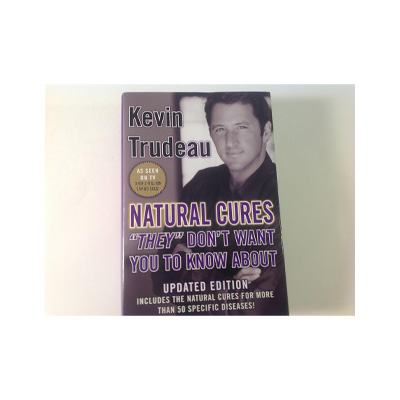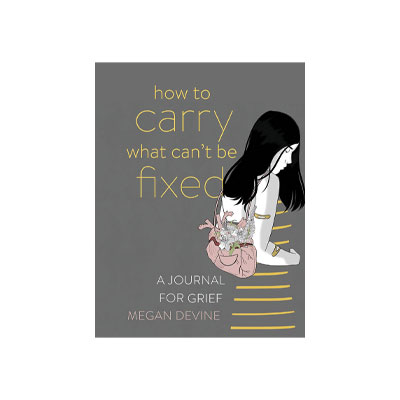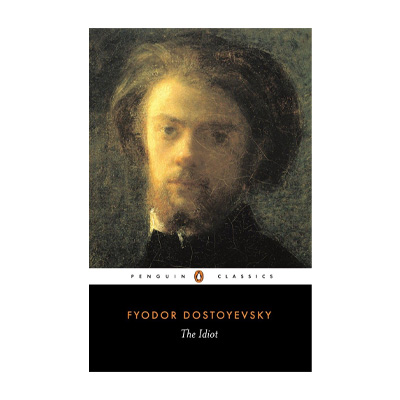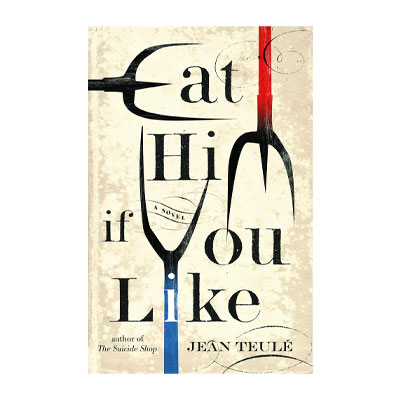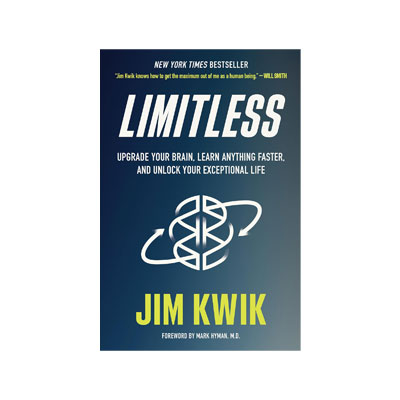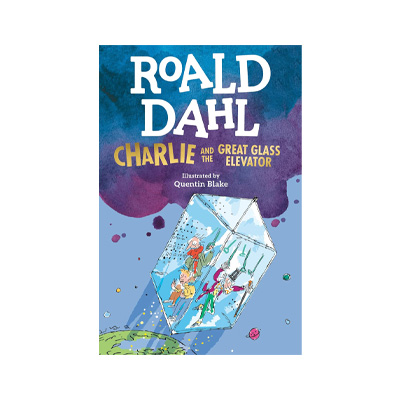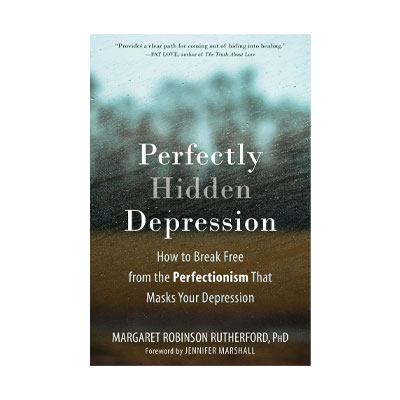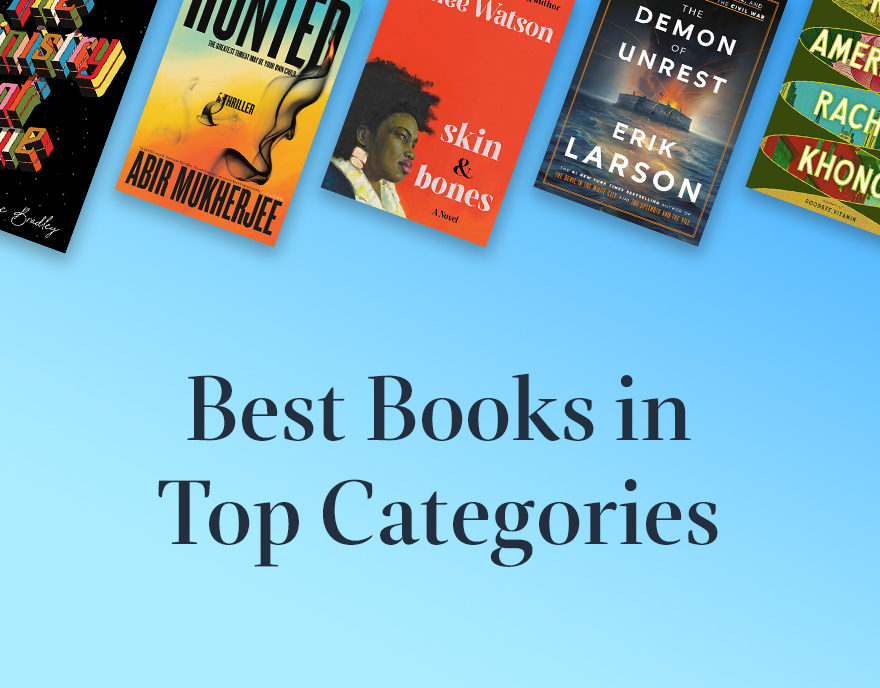Book Summary
In "How to help your husband get ahead in his social and business life" Dorothy Carnegie and Dale Carnegie provide vital solutions for couples, enabling them to deepen their love for each other and experience a life filled with joy together. Throughout the various pages of the book, both authors aim to convey to their audience that maintaining the freshness of a relationship and guiding one's emotional partner towards wealth and happiness is achievable by employing the strategies presented in this work.
Supporting an individual who shares life in various stages with another person and preserving their mental and emotional well-being are among the other objectives of this book. Dorothy Carnegie shares many of her personal experiences, as well as results from her studies, in the form of notes, which she has connected to create this work. The authors of "How to help your husband get ahead in his social and business life " have divided their writings into two main sections: the first section includes the secrets of successful individuals in married life, such as prominent figures in various fields like business and politics, while the second section comprises teachings that have become accessible after extensive research.
The foundation of these teachings is a simple guideline that should be applied step by step to solve various life issues and experience the results. Ultimately, understanding one’s place and that of one’s partner in a stable relationship—which guarantees joyful events—can only be achieved by accepting truths related to mutual understanding, which have become easier to access through various educational resources today.
About the Author
Dale Carnegie was born on November 24, 1888, in the United States, and co-authored "How to help your husband get ahead in his social and business life "with his wife, Dorothy Carnegie. These two authors lived together from 1944, when they got married, until 1955, the year of Dale Carnegie's passing, and they collaborated on several books together.
Who Should Read the Book?
The educational and rich book "The Art of Marriage" is recommended for all women and men who place great importance on maintaining emotional relationships and solving issues that arise in married life. Those who wish to understand how to best comprehend and support their partners are encouraged to read this book.
Table of Contents
This instructional work is structured into 7 sections and 30 chapters, presenting what the authors deemed necessary to their audience.
Book Quotes
In an interview with the director of a large business institute, he told me: "I always advise my employees not to discuss internal company matters at home with their wives because women are talkative beings who cannot keep secrets at all." Of course, I do not agree with this director's opinion, but I know women who, during an argument with their husbands, threaten to reveal secrets shared with them, thereby damaging their reputation. For example, during an argument that I witnessed, a woman who was very angry with her husband said: "Weren't you the one who told me that you bought Mr. X's furniture at a bargain price and tricked them? Now you're lecturing me on morals and telling me not to deceive others? Really!" In this way, she embarrassed him and made him feel ashamed, which is why from then on, the husband kept his work secrets from her.
Samuel and Sterling, bestselling authors of marriage guides, believe that having a goal, no matter how simple or basic, is the main and essential condition for the happiness of a couple. They believe that the type of goal is not as important as the expectation and hope that the couple has for achieving that goal. They say: "The joy and happiness of married life lie in the fact that husband and wife plan their future together and share in both suffering and joy, striving together to achieve a common goal."
One reason men do not share work-related secrets with their wives is that they fear they will not keep those secrets. Some women immediately share news they hear from their husbands in women's circles, thus becoming the talk of the town. For example: "Have you heard that Mrs. Elizabeth's husband wants to become the bank president? Of course, after the current president retires." This news spreads in hair salons, tailoring shops, gyms, etc. Why? Because Mrs. Elizabeth is very ambitious and wants to always be in the spotlight and have her friends congratulate her. When the news eventually reaches her husband after many twists and turns, he doesn't understand how his secret was revealed.
Bill and Marjorie started a real estate agency after getting married and received commissions from property sales. At that time, they had neither capital nor sufficient experience; only their strong desire for success and perseverance led to their progress. Their office was at the end of an unused hallway in a commercial building. Marjorie usually sat in the office while Bill worked outside to find clients and make sales. In the beginning, their business did not thrive, and they even faced difficulties providing for their basic needs. Aimlessness is the biggest factor in failure; aimless individuals enter work without studying, marry without prior planning or necessary preparation, and without making conscious decisions, they become playthings of the overwhelming tides of life's events. Once they find themselves trapped, they wish for circumstances to align favorably.
The first step in helping your husband should be taken this way: Encourage him to choose a goal for himself. Do not let him wander aimlessly through the events and challenges of life until he feels exhausted and distressed beside you.
Bill Graham's oil company in Wichita is a well-known global company that enjoys substantial income. Mr. and Mrs. Graham possess health, wealth, six children, a luxurious home, and a beloved job; most importantly, they are in their fifties and can fully enjoy the fruits of their labor. I have known them for a long time, and when I asked Bill Graham what he considers the most important factor in his success, he replied: "A clear plan and goal, my wife's cooperation, and long-term planning."
Whitney had a goal in life and pursued it with faith and sincerity until he reached his destination. But let's see why Whitney succeeded? In my opinion, it was not just extraordinary effort and attaining higher education that made him successful because others also strive and have adequate academic knowledge, yet not all succeed. I believe the main difference between him and others is that he knew what he wanted and where he was going. His work after office hours, changing jobs, studying, and researching new fields demonstrated that he was pursuing a clear goal and was willing to take any path necessary to achieve it.
A person who is not in love with something would not endure all these hardships for it, so it is unfair not to support him in his chosen path. On the other hand, no woman is willing to have a husband who is foolish and ignorant. Living with educated and knowledgeable people, at least for me, is a source of pride both mentally and emotionally. In fact, by encouraging him to pursue his education, I was satisfying my own sense of pride.
